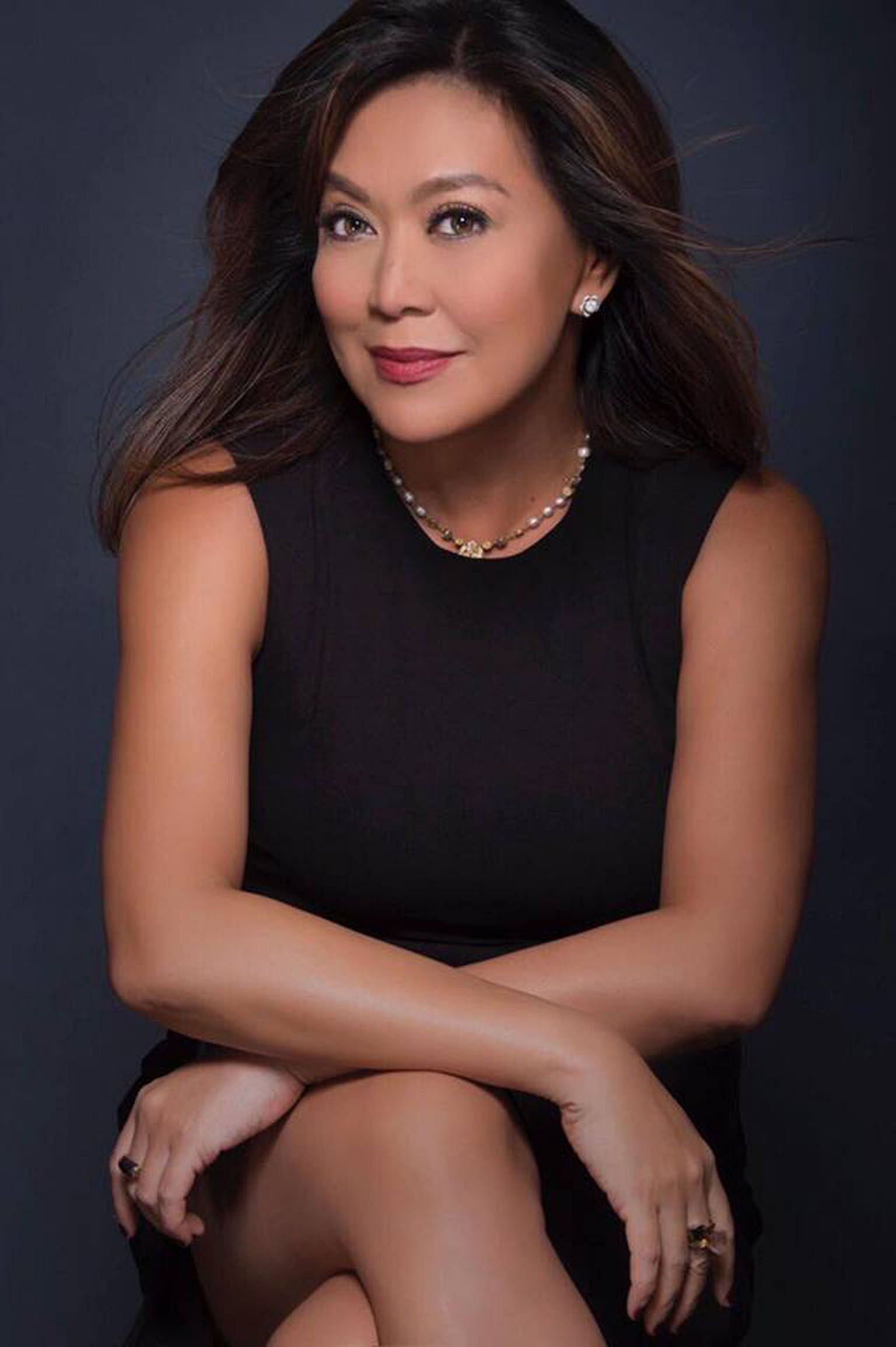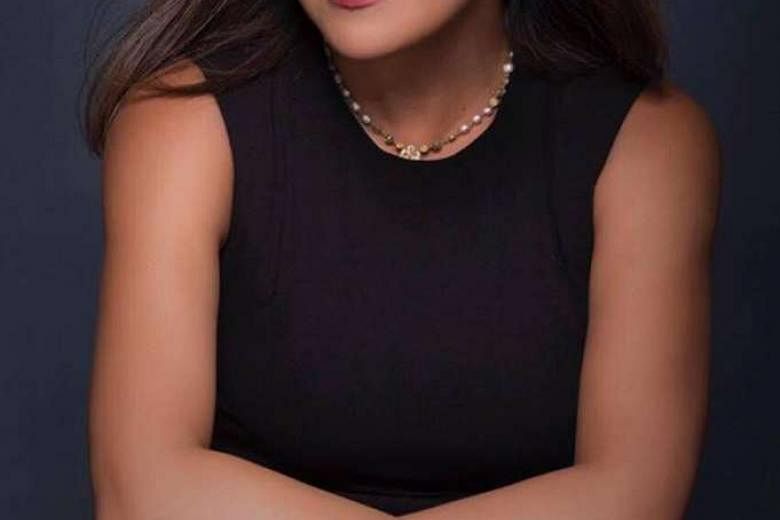Karen Davila is the Najwa Shihab of the Philippines. Or, rather, Najwa Shihab is the Karen Davila of Indonesia.
In South-east Asia's two largest democracies, the media plays a vital role. Rambunctious and highly unpredictable, it tears its way through the public discourse.
So how is it that these two women are among those sitting at the apex of the media in Asean's largest democracies, one majority-Muslim and the other Christian?
First, the media companies they work for are very different: Ms Davila's ABS-CBN is a national behemoth, having dominated the airwaves for decades. Ms Najwa's MetroTV is a relative minnow - a dedicated TV news channel with an outsized political footprint.
With a phalanx of producers, writers and researchers behind them, the two are fronting extremely complex organisations that deliberate highly sensitive issues. Of course, their talent, charm and intelligence have also helped. Ms Davila, for instance, has been described as "delicious" by Philippine President Rodrigo Duterte. Ms Najwa has a similarly huge male fan base.

Still, interviewing Ms Davila in Manila recently, I was struck by the relentlessness of her schedule as well as her ability to multi-task. She begins the day with the current affairs programme, Headstart, at 8am in the upscale community of Rockwell, an enclave developed by the Lopez family, who owns ABS-CBN. At 4.30pm, she heads for the corporate headquarters in Quezon City where she hosts her Tagalog radio show, followed by the late-night newscast Bandila at 10.30pm. With over 2.4 million followers on Twitter and 361,000 on Instagram, she has the social media presence to match Indonesia's Ms Najwa, despite coming from a country only half the size of Asean's powerhouse.
Indeed, the show Headstart has become the go-to media platform for Duterte administration officials when endeavouring to do damage control after one of their boss' late-night tirades. Having been on Headstart myself, I can vouch for its impact.
The show can set the day's political agenda with a viewership that encompasses various Philippine power centres, from the presidential palace, the Senate and Congress to rival editorial rooms. Given its long-format interviews (up to 45 minutes), it can catch the ill-prepared off guard.
Headstart covers a vast range of subjects, including the South China Sea (dubbed "the West Philippine Sea"), extrajudicial killings and social entrepreneurship.
Ms Davila is matter-of-fact: "I work very hard. You can't 'wing' a programme like Headstart. You have to do the homework. You have to be prepared and have substance. Every night, I go to bed with a pile of papers and documents. But you do need to balance. I have two growing boys and a husband. I have to help them with their homework, and we also hang out - everything has to be organised."
Still, apparently not everyone appreciates having vocal women in the media. Ms Davila had her baptism of fire in the form of the April 2016 presidential debate which she moderated. She had grilled Mr Duterte regarding the possibility that his son was involved in drugs. He denied this firmly and the debate moved on. However, that night, she experienced the full force of Mr Duterte's 14-million-strong army of social media followers, many of who turned on her ferociously.
"I thought the debate had gone well and went to sleep pretty buoyed up, only to wake up to Twitter and Instagram timelines crammed with angry messages - including rape and death threats. I posted a message saying that a leader like Mr Duterte was more than able to handle this type of questions." The next day, Mr Duterte himself intervened, issuing a statement telling his followers to stop attacking Ms Davila and saying he was not offended.
"The bashing stopped almost immediately," Ms Davila says. "I realised that regardless of whether it was an 'army' or volunteers, this man was firmly in charge."
Indeed, there's a sense that relations between the media and Malacanang have yet to settle down. Ms Davila views it simply: " Duterte is unique and unorthodox. We in the media are having to adjust. Soundbite journalism won't work any longer. Another major challenge for all of us is also going to be educating and engaging his supporters. We need them to understand that this is not a class war. There is no political divide. However, there are legitimate issues that need to be discussed for the betterment of the nation."
The controversies aside, it is refreshing to see female journalists like Ms Davila speaking up and questioning authority. The challenge of being able to do this successfully is sometimes all the greater with the obstacles women deal with every day. These include sexism, pay discrimination and the trivialisation of their voices. Still, it has not stopped other Philippine and Indonesian female journalists like GMA's Jessica Soho, Rappler's Maria Ressa, KompasTV's Rosianna Silalahi and CNN Indonesia's Desi Anwar from joining Ms Davila and Ms Najwa in cracking the glass ceiling.
A clear pattern is emerging in South-east Asia: The real democracies put their women front and centre. We can only hope that this becomes a norm rather than the exception, moving forward.
- Karim Raslan is a South-east Asia commentator and founder and chief executive of the KRA Group, a public affairs consulting firm with an Asean-wide focus. This is the latest instalment of his long-running Ceritalah column.

